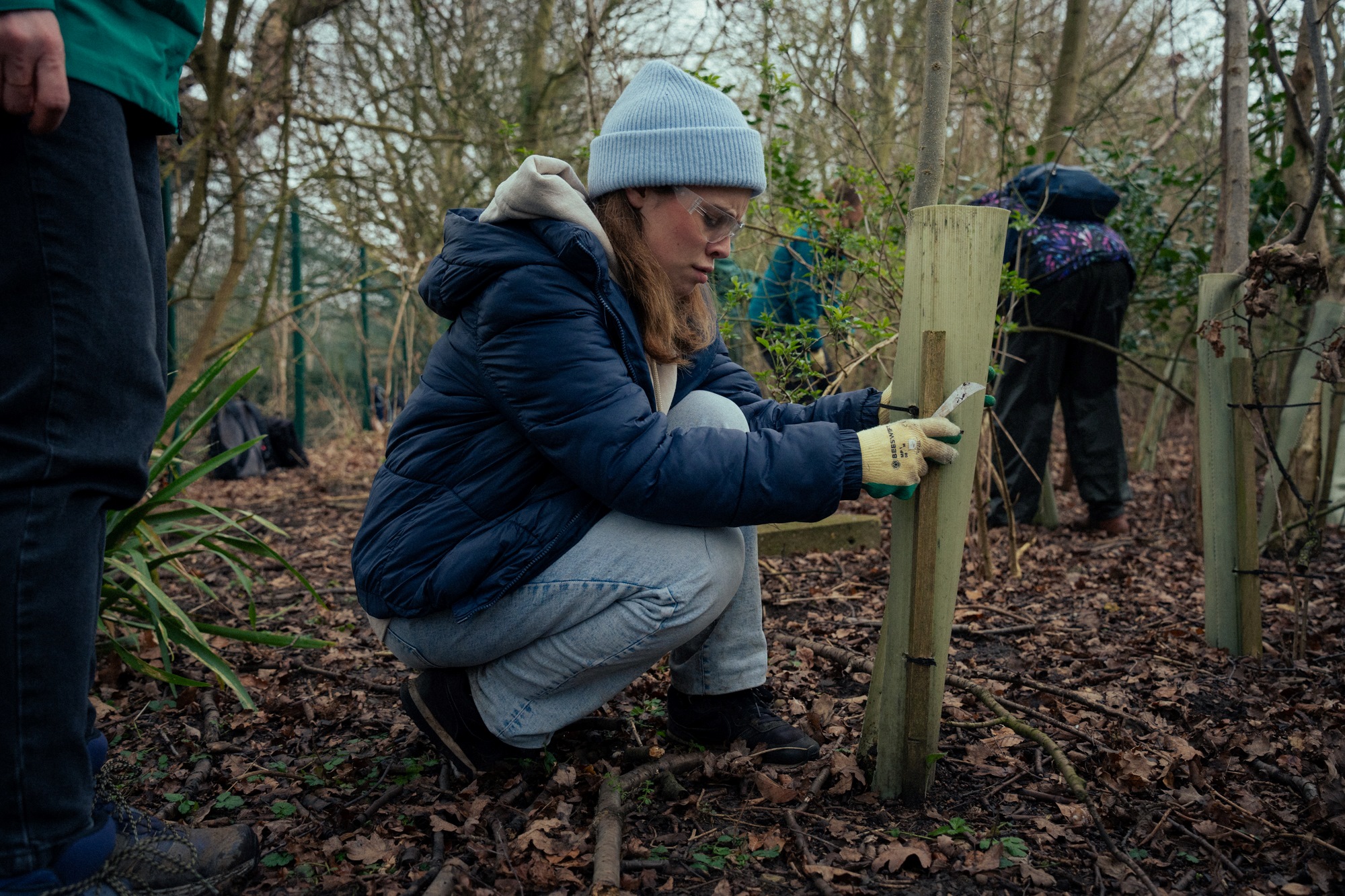Events
Interested in taking action and participating in sustainability-related projects or initiatives across the University community?
The University of York offers a wide range of sustainability-related projects and initiatives to get involved with, from sustainability events and joining societies to volunteering and learning practical knowledge on how to be more sustainable.






